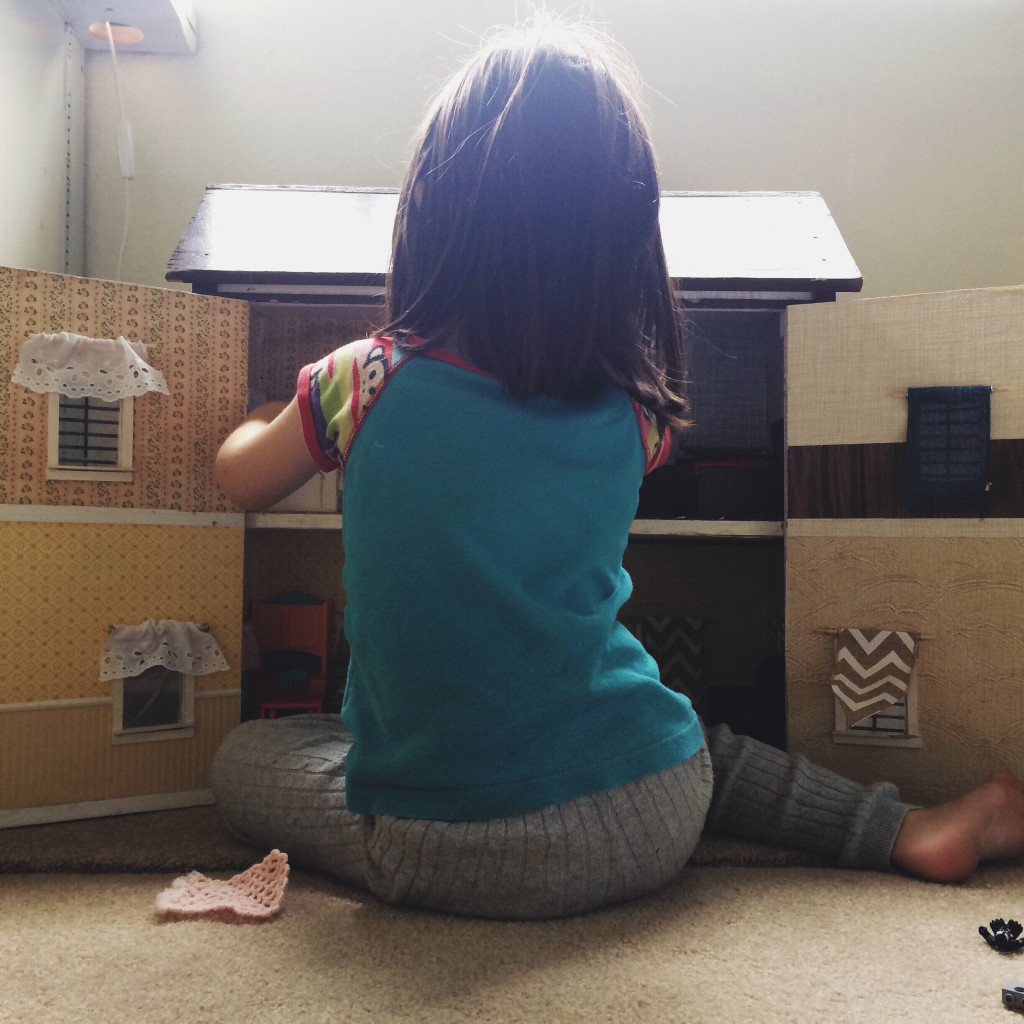The term ‘custody’ is a very outdated legal term and is no longer used to describe the care arrangements for a child.
If you are considering the care arrangements for your child, you may now encounter the terms ‘lives with’ and ‘spend time with’. These are the terms that are now used by legal professionals including Solicitors and Judges when describing the care arrangements for a child, for example, ‘the child will live with the mother but spend time with the father’ or vice versa.
That does not mean that the term 'custody' will no longer be used, as ultimately it is a term which is still used in society, primarily by parents, for example, who have separated or divorced.
How to agree on the arrangements for my child?
Initially, it is encouraged for parents who have separated to try reach an agreement directly as to how the care arrangements of their child or children will look in the future. This may for example be on a ‘shared care’ basis where the child/or children spend an equal amount of time with both parents and essentially ‘live with’ both parents too.
Alternatively, it may be agreed that depending on the circumstances one parent may have the child in their care more frequently and spend time with the other parent or have them in their care full time. This can be agreed between both parties.
If it is agreed between the parents that the children will live with one parent you do not need to make an application to the court to make this official, however, this does not mitigate the other parent’s parental rights if they still have parental responsibility for the child.
Parental responsibility is automatically acquired if parents are married. However, if they are not, then parental responsibility does not automatically follow. An unmarried father or second parent must be named on the child’s birth certificate to acquire parental responsibility.
What if an agreement cannot be reached?
If an agreement cannot be reached, then you may wish to consider alternative means of agreeing on matters, such as attending mediation. Mediation allows parents to attend sessions with a third party present in a neutral setting and they will then assist parents to hopefully reach an agreement.
If mediation is unsuccessful or there are other concerns, for example, a risk of harm to your child then you may wish to consider making a Child Arrangements Order application to the court. This order determines where the child or children will live, how often they see each parent and any other specific arrangements that need to be made.
Mediation is a pre-requisite of a court application, and you would therefore need to request a certificate from the Mediator to enable you to make an application, unless a delay would cause harm to the child. At that stage, we would suggest seeking advice from a lawyer to assist and advise you in the process.
How will the arrangement for my child be decided and what orders can be made?
The court's paramount consideration when making a decision for the future care arrangements of a child is their welfare and what is in their best interest. The court will also consider the circumstances in your case including whether there is any risk to the child and the impact any change will have on the child’s life.
When making a decision, the court applies a welfare checklist that includes the following:
1. The wishes and feelings of the child concerned.
2. The child’s physical, emotional, and educational needs.
3. The likely effect on the child if the circumstances change due to the Court’s decision.
4. The child’s age, sex, background, and any other characteristics which will be relevant to the Court’s decision.
5. Any harm the child has suffered or may be at risk of suffering.
6. The capability of the child’s parents (or any other person the Court finds relevant) to meet the child’s needs.
7. The powers available to the Court in the Court proceedings.
How can we help?
If you find yourself in need of help and advice regarding family law matters, our specialist Family Law team is here to assist you. We understand the complexities and sensitivities involved in these cases and will provide you with the guidance and support you need. Please do not hesitate to reach out to us for assistance.






